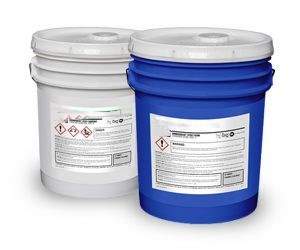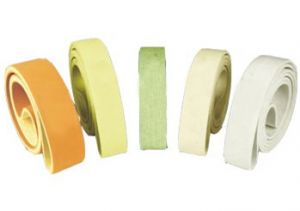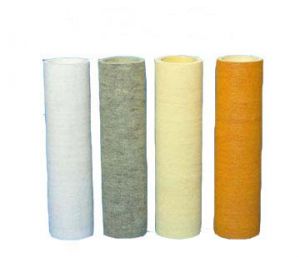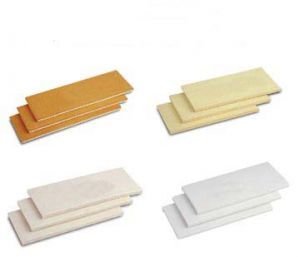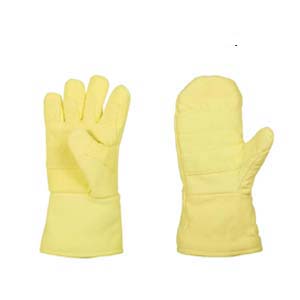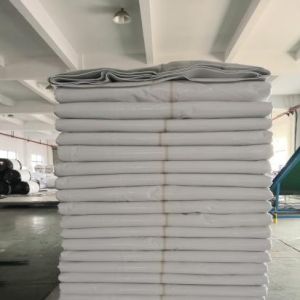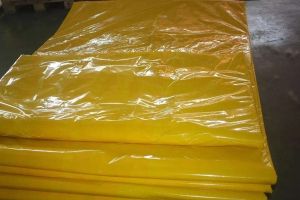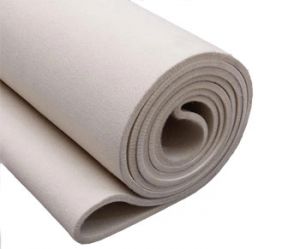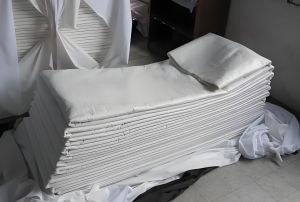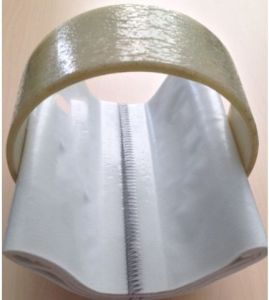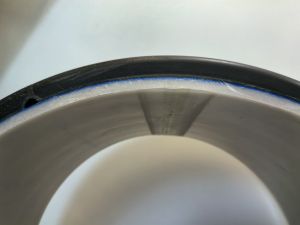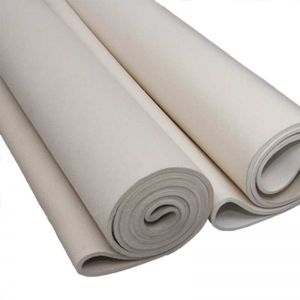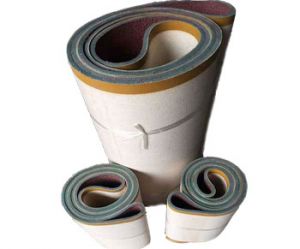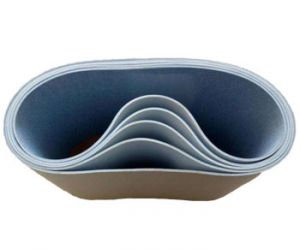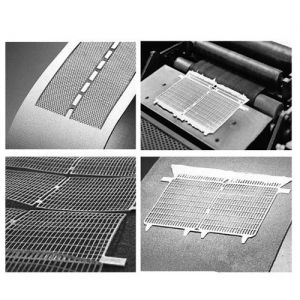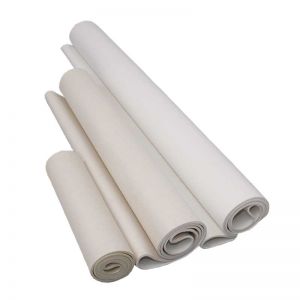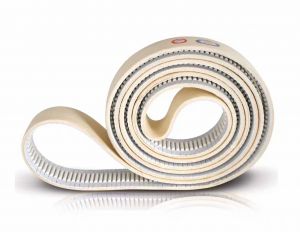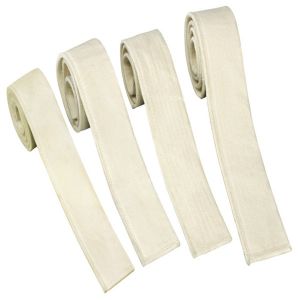CIPP Resins
CIPP resins can generally be divided into three categories: unsaturated polyester resins, vinyl resins and epoxy resins. Each has its own unique chemical corrosion resistance and structural properties. Among them, unsaturated polyester resins are the most commonly used curing materials in CIPP processes. Vinyl resins and epoxy resins have special corrosion resistance, solubility resistance and high stability, and are mainly used in industrial pipelines and pressure pipelines.
1. CIPP resins have good durability, corrosion resistance, tensile resistance, crack resistance, and good compatibility with hoses.
2. The resin can be cured at room temperature, and the initial curing temperature should be lower than 80°C.
3. The viscosity is between 1500 and 2500 MPa·s. If it is lower than 1500 MPa·s, the resin viscosity is not enough, the felt body itself is relatively thin, and the lining carries less resin, which will cause uneven resin distribution, resulting in bubbles or even collapse of the lining composite material. If the resin viscosity is higher than 2500 MPa·s, it will be difficult to impregnate the resin, and the lining composite material is easy to stick together, which will cause difficulties in lining construction.
4. The bonding strength requirement is high. The resin should be able to bond the lining composite material to the pipe to be repaired.
CIPP resins are mainly used in Cured-in-place pipe lining for Pipeline Trenchless Repair.
can not be empty
The E-mail format is not correct
can not be empty
can not be empty


